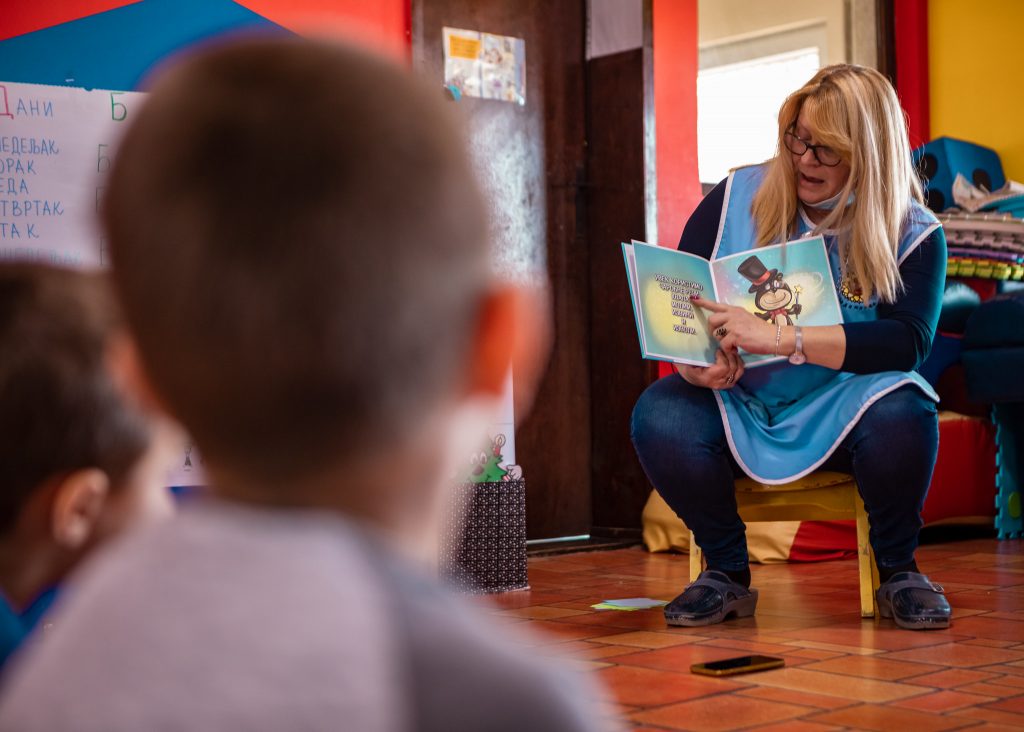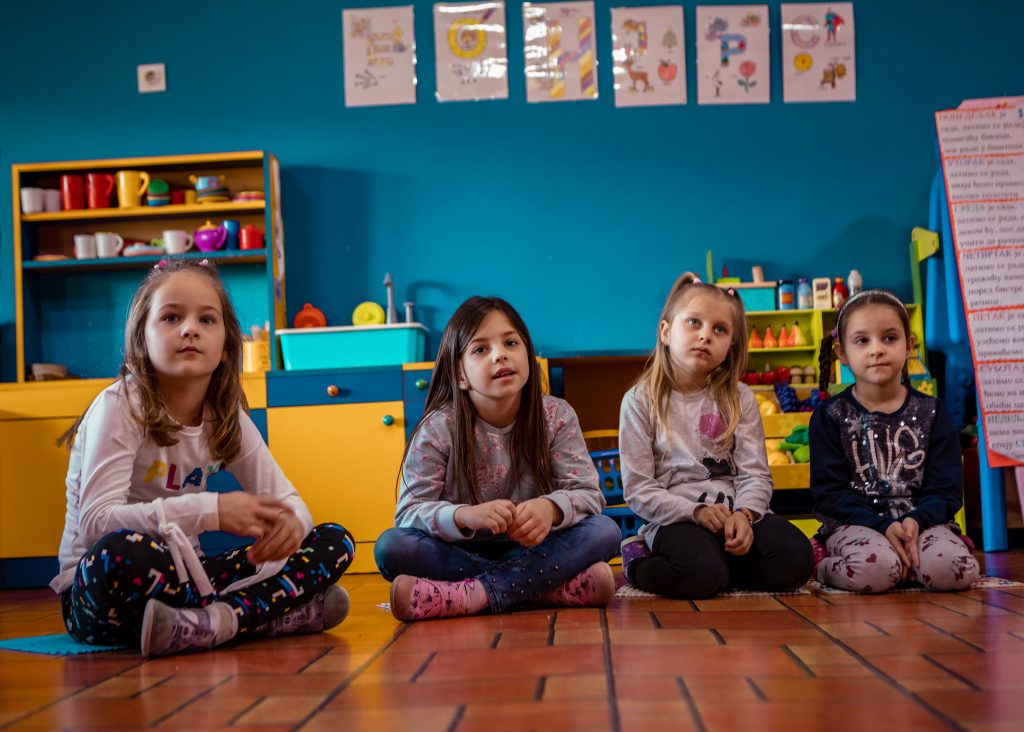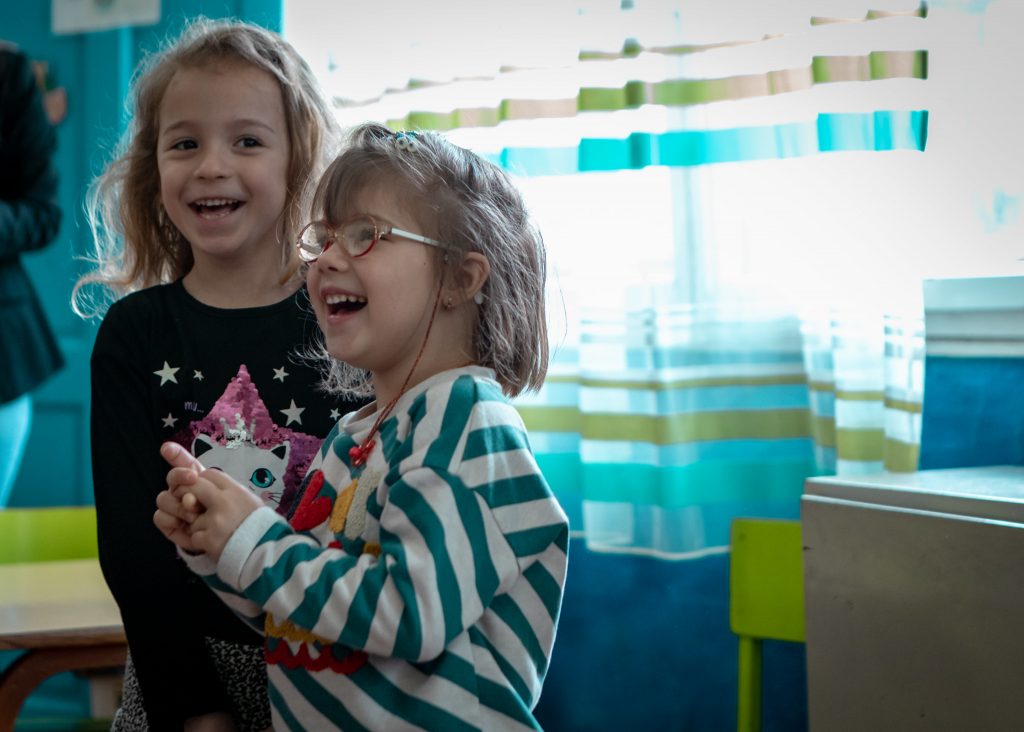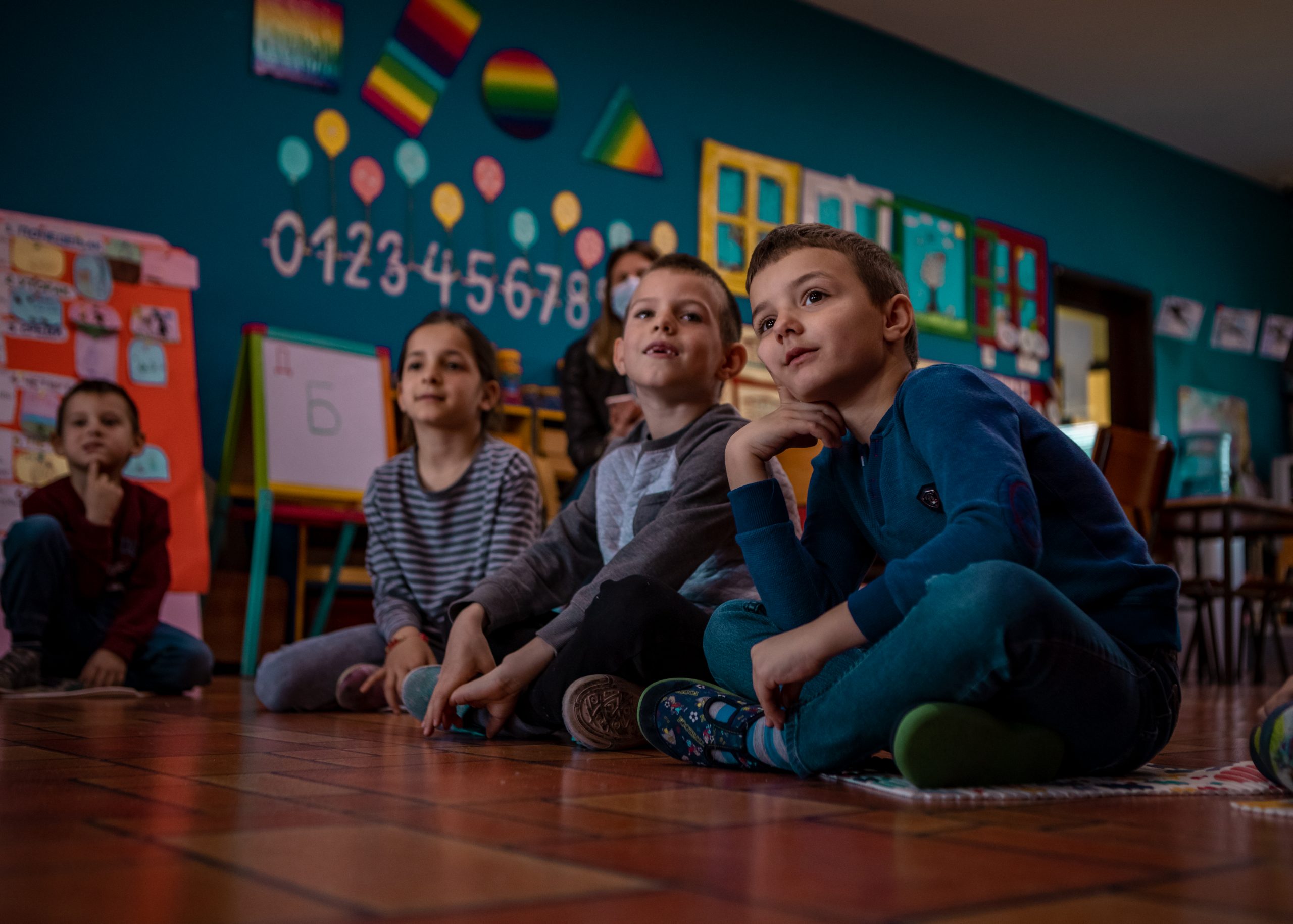Poetry recitation is not just mere memorization of verses, but a real “investment” of parents in their children’s future and their speech, expression skills and general communication. The positive effects of poetry recitation on children’s health are numerous, so don’t underestimate the power of a song they learned because it can forever mark your little one’s childhood.
In the early phase of speech development and language learning, articulatory disorders are more common in boys than in girls but, later, these differences disappear. The family’s influence or the preschool environment are some of the reasons for the articulation problems at an early age. The child accepts the way of pronunciation and the linguistic model of the behavior of the environment in which they grow. Above all else, parents and closest relatives, and then educators, teachers, and friends serve as models to children. Orthodontic anomalies such as prognathism, a diastema, sparse teeth, high palate, as well as damage to the speech organs that block the proper flow of air during pronunciation and the functioning of the tongue can also be a problem.
Psychological causes, when a child speaks as if they were really young but they are already 7 or 8 years old, are emotional conflicts and the need for the child to receive more love and attention.

What are the Effects of Poetry Recitation on Children’s Health?
1. Memory development
First of all, by learning songs and memorizing verses children develop memory. With as many repetitions as possible, concentration improves and, after a long time, the child can still repeat the verses without error. This way, they also develop a memory for remembering other things they learn, like when their parents tell them what to do or when the teacher says what they have for homework.
2. Encouraging emotional intelligence
By learning a children’s song, one also acquires the skills of changing the intonation, tempo and pause in accordance with the theme, message and content that the poet wanted to express. When a child stands in front of a parent, teacher or educator to recite a song, they stand properly, have good posture and are in control of themselves in order to recite as beautifully as possible and to hold their attention. Through reciting, they learn to express emotions, both their own and those of the song’s main character, or convey the situation that happens in the song, all through play. Reciting makes the children proud and satisfied that they repeated the verses in front of the audience without a mistake and added their personal touch through gestures and presentation.

3. Speech improvement
A child’s first experience with their mother tongue is through their parents, by telling them stories and reciting poems. This is how they learn words and distinguish what is quiet and what is loud, fast and slow, gentle and rough speech. Teachers and educators have the same role, where through stories and songs they continue to teach children proper speech, articulation of voices and words, even breathing, expression and understanding of emotions, to be loud and clear. Reciting encourages creativity and authenticity in children, because it is necessary for them to find their way of presenting the poem to the listeners. Reciting should be accompanied with non-verbal communication in order to evoke emotions and feelings within the poem.
4. Strengthening physical health
During the reciting, the children use all elements of the speech apparatus, so the verses would be properly recited, clear, with proper intonation, in order to express the emotion and message of the poem itself. This strengthens the muscles of the face and tongue, lungs and diaphragm, and overcomes difficulties in speech fluency, clarity and intelligibility. Along with proper breathing and posture, and emotional evocation of verses, this is a play performed by small children and future great people. In this way, they overcome the fear of presenting in front of their peers, parents and educators, and later, in front of a wide audience.

In addition to everything that children listen to through popular music today, it is important that parents, relatives, teachers and educators in school and kindergarten present them with beautiful children’s poems. As you can see, there are numerous effects of poetry recitation on children’s health. Poetry recitation is not just mere memorization of verses, but a real “investment” of parents in their children’s future and their speech, expression skills and general communication.
About the author: Anđela Škaro is a specialist in physical therapy with many years of experience working with patients with neuro-musculoskeletal problems. In addition to academic and professional training in the field of homeopathy and Reiki method skills, she is the founder of the massage center “FIT od A do Š” in Belgrade.
















